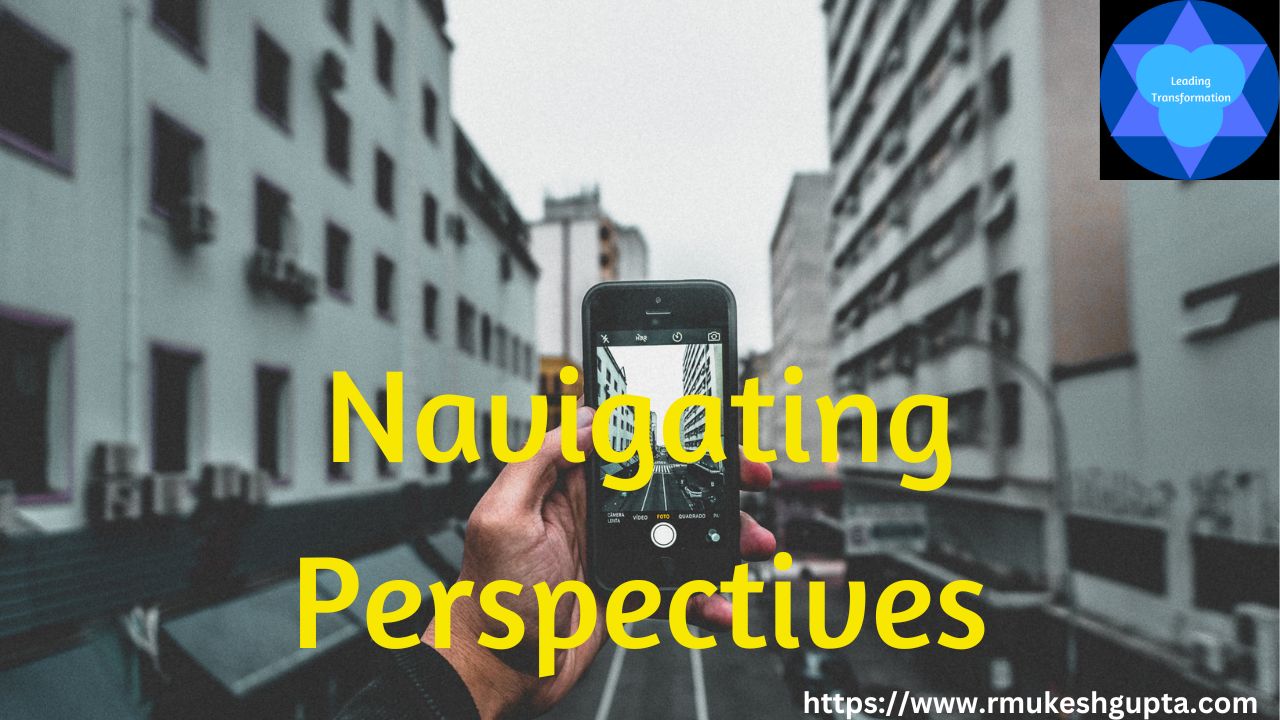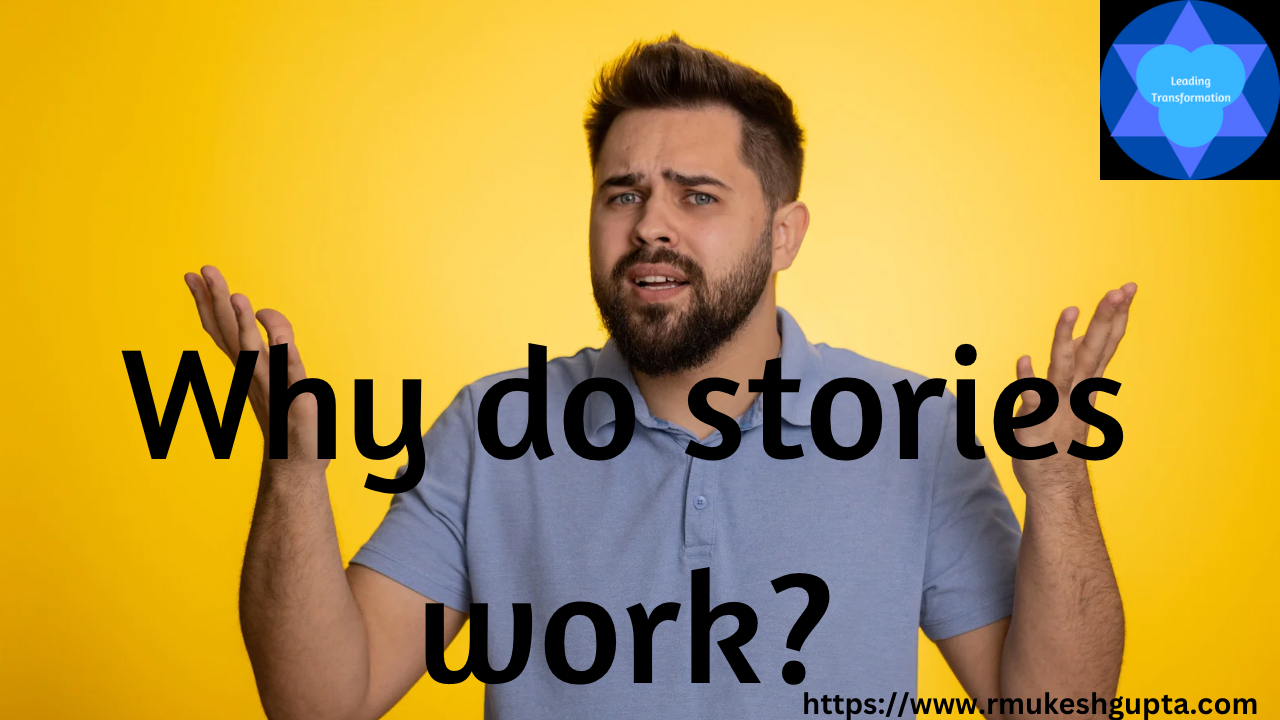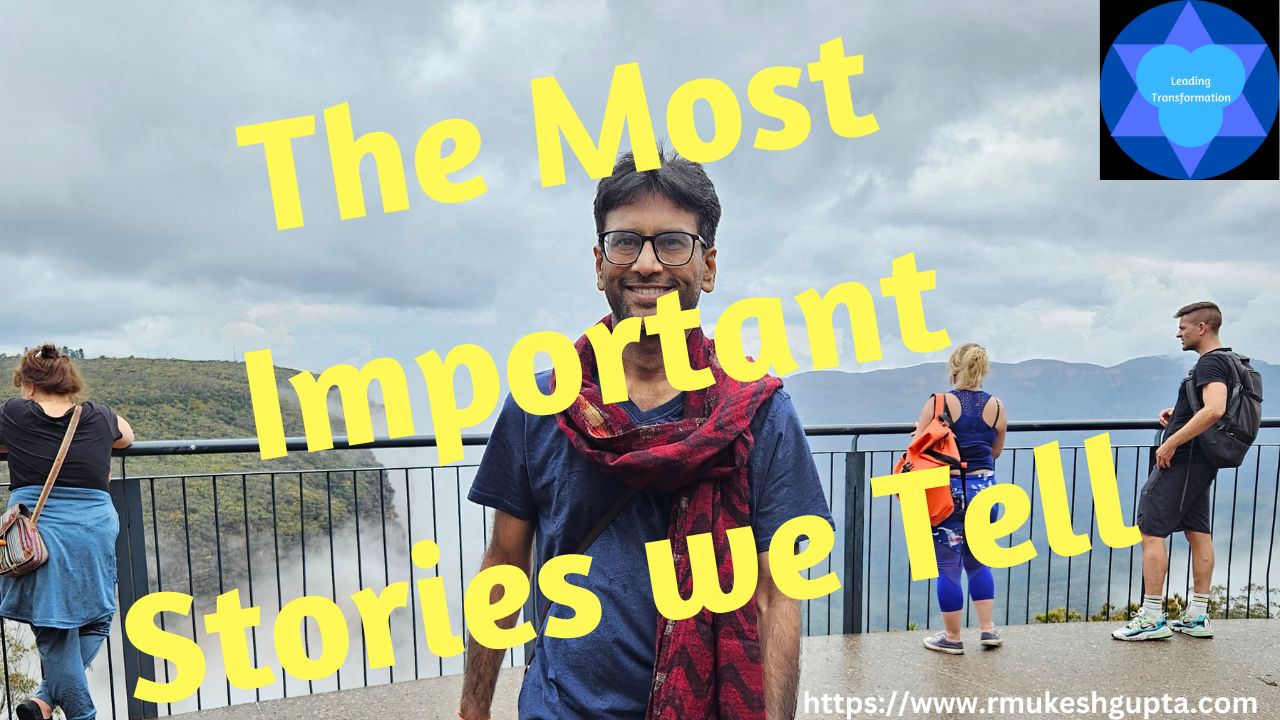
Premise:
One of the most important skill that leaders need to develop to continue to be effective is learning how to learn. It is a meta skill that can enable a host of other skills and getting better at this makes it easier to master other skills and therefore helps us become effective efficiently.
So, the question then is how do you learn how to learn or how can leaders learn. I was invited to read a preview copy of a book “How Leaders Learn”, which is published by HBR Press. Here is a combination of what I learnt from reading the book and adding that to my own experience of learning.
Learning is most effective when it is active and when we are involved in the entire process of learning.
For experienced leaders, learning also might mean to begin with learning how to unlearn things before we can start learning anew. And unlearning anything is more difficult than learning something. I did write about it here.
In the book, the authors talk about three ways that leaders learn – Learn from, Learn by and Learn to, which in a way also similar to what I think of, which is to learn from experience, learn by doing and learning by learning new technical skills.
Learning From experience:
This is all about learning from our lived experience, the stories we tell about them. We can do this by reflecting on our experiences – what we did, why we did it, what did we expect to happen, what actually happened, what we got right, what we got wrong, why did we get this wrong, etc.
This is also about learning from the lived experiences of our people we consider as mentors or whom we look up to. We can do that by talking to them, being mentored or coached by them, reading about them and their experiences, watching or listening or reading their interviews. We can do that by reading biographies and autobiographies.
This is also about learning from the environments that we find ourselves in. Every context within which we operate, has something interesting to teach us, if we are willing to listen and learn. We can learn what makes this context unique, what works in this context, what doesn’t and why.
This is also about learning from the lived experiences of people we actively do not want to emulate. We can learn what we should not do or say. We can also learn how not to behave or respond to a specific situation if we ever find ourselves in.
This is also about learning from crises. As they popular saying goes, hidden in each crises lies a significant opportunity. This opportunity could be in the form of a lesson that we can learn or in the form of an actual opportunity to profit from.
Learning To (learning skills / tools / techniques):
This is all about learning key skills that can enable us to become better leaders. This is about learning personal skills that make us better person, so that we can become better leaders.
For example, learning to listen, learning to work on our self-awareness, learning to empathise, learning to ask better questions, or to look at something from different perspectives, or be creative on-demand and open to ideas from others, or learn new ways to solve problems and find good problems to solve or be confident yet humble.
It is also about learning to trust others or find hidden in patterns in data , or make judgement calls based on limited data by listening and trusting our own gut instinct.
Learning By Experimenting:
This is all about being able to design small experiments and learn from them like scientists do or design thought experiments and learn from them like philosophers do.
This is also about learning by seeking new and bigger challenges and overcoming them or by doing the hard things or the right things or being candid.
This is also about learning by preparing and being ready for all possible outcomes or by finding ways to mitigate risks or by finding ways to simplify complex things or by taking on systemic challenges and solving for them.
This is also about learning by teaching, mentoring, coaching or being a cheer leader for someone or by recognising and believing in the people we lead and having high expectations of them.
In conclusion:
In conclusion, I would only say this – it doesn’t matter, how we learn. What matters is that we learn. The more modes we use to learn, the easier it becomes to learn. The more modes we use to learn, we learn more doing what we are expected to do with learning as an additional outcome. Always be learning.
So, how do you learn?




